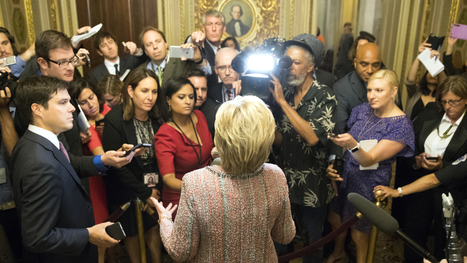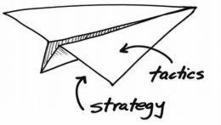Political press conferences are pointless, and mostly about media showboating.
This isn’t something reporters are supposed to admit. We’d all like more chances to see a potential presidential candidate on the hot seat. But these days, at these things, the heat isn’t on. I cringe at press conferences more than I learn from them, because they usually degenerate into shout-fests based on questions that are rarely designed to elicit any new information, but rather a response to the other party’s latest talking point.
“Reporters ask questions not to get information, but to get a reaction,” Susan Milligan wrote in the Columbia Journalism Review last year. “And even with that strategy, they rarely succeed.”
With social media, candidates don’t need to rely on reporters to convey their views. That in turn means that stories that break news are rarely produced by press conference. So why the ongoing obsession with press conferences? Could it have something to do with a need to justify the money being spent by mainstream news organizations to keep reporters on the campaign trail, versus the exclusive content they take away from that investment?...



 Your new post is loading...
Your new post is loading...










In my view, press conferences died five years ago. They offer no control, the questions asked are mostly pointless and there are many better new social channels available for messaging more personally and effectively. PR and politicos, what do you think?